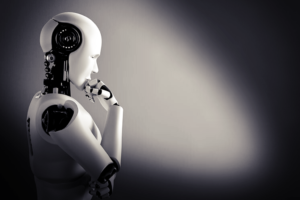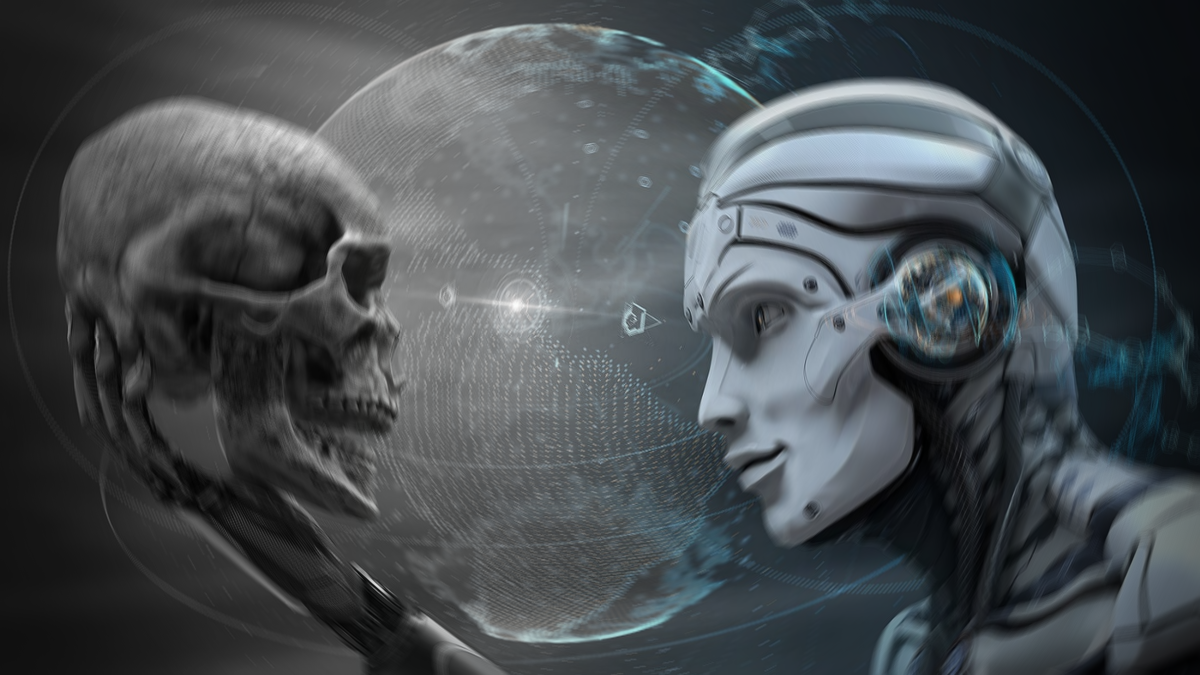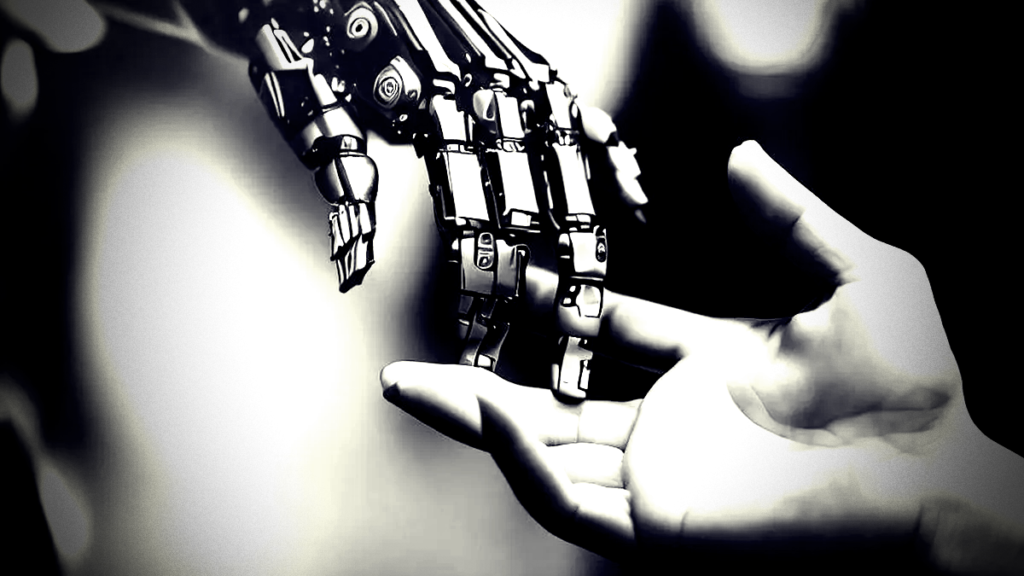
more details about the benefits and challenges of Artificial Intelligence. Here is a possible extension of your article:
AI has many benefits for society and the economy. It can enhance productivity, efficiency, quality, innovation, and competitiveness. It can also create new opportunities for growth, development, and social good. Some of the benefits of AI include:
- Improving health care outcomes and access: Artificial Intelligence can help diagnose diseases, recommend treatments, monitor patients, discover new drugs, and provide personalized care. Artificial Intelligence can also improve health care delivery and access, especially in remote or underserved areas, by enabling telemedicine, mobile health, and digital health platforms.
- Enhancing education and learning: Artificial Intelligence can help personalize learning, provide feedback, assess progress, and tutor students. AI can also augment teachers’ capabilities, reduce their workload, and improve their professional development. AI can also enable lifelong learning and reskilling for workers in the changing labor market such as programming or Networks
- Advancing scientific discovery and innovation: AI can help accelerate research, analysis, experimentation, and innovation across various domains of science and technology. AI can also help solve complex and global challenges such as climate change, poverty, and pandemics.
- Empowering creativity and art: AI can help generate new forms of art, music, literature, and design. AI can also assist artists, musicians, writers, and designers in their creative processes, by providing inspiration, collaboration, and feedback.
- Enabling social good and inclusion: AI can help address social issues such as human rights, democracy, justice, and equality. AI can also help empower marginalized groups such as women, minorities, people with disabilities, and refugees by providing them with access to information, opportunities, and services.
Threats of Artificial Intelligence (AI)
However, Artificial Intelligence also poses some challenges that need to be addressed carefully and responsibly. Some of the challenges of AI include:
- Ethical and moral dilemmas: Artificial Intelligence can raise ethical and moral questions such as who is responsible for the actions and outcomes of Artificial Intelligence systems, how to ensure fairness, accountability, and transparency of AI decisions, how to protect human dignity, autonomy, and values in the face of AI influence, and how to balance human and machine interests and rights.
- Privacy and security risks: Artificial Intelligence can threaten privacy and security by collecting, processing, and sharing personal and sensitive data without consent or oversight. AI can also enable cyberattacks, surveillance, and manipulation by malicious actors or rogue states.
- Impact on employment and labor: Artificial Intelligence can disrupt the labor market by displacing workers, changing skill demands, and altering wage structures. Artificial Intelligence can also affect the quality of work by reducing human interaction, autonomy, and creativity. AI can also create new jobs, skills, and opportunities for workers who can adapt to the changing environment.
- Technical and operational challenges: Artificial Intelligence can face technical and operational challenges such as data quality, availability, and bias, algorithmic robustness, reliability, and scalability, human-machine interaction, and integration with existing systems and processes.
- Pedagogical and educational challenges: Artificial Intelligence can pose pedagogical and educational challenges such as how to design effective curricula, methods, and tools for teaching and learning with AI, how to assess the learning outcomes and impacts of AI on learners and educators, how to ensure ethical, social, and cultural awareness and sensitivity in using Artificial Intelligence for education, and how to foster critical thinking, creativity, and collaboration skills among learners.



